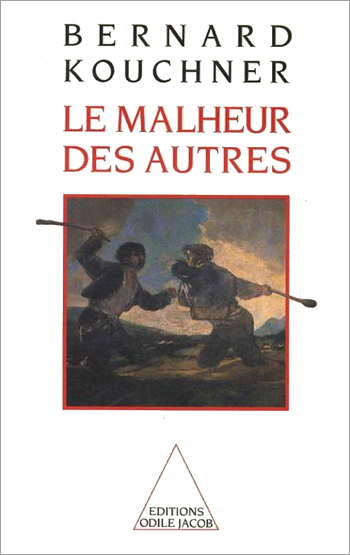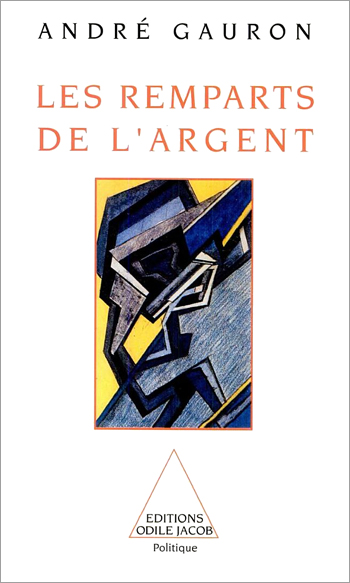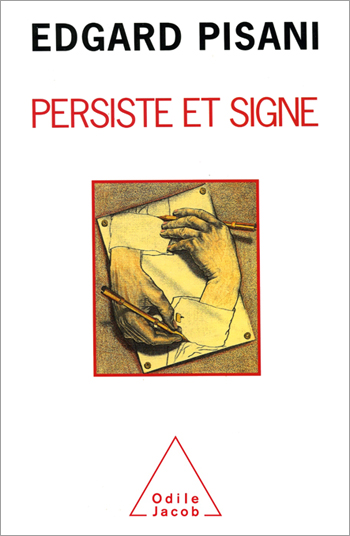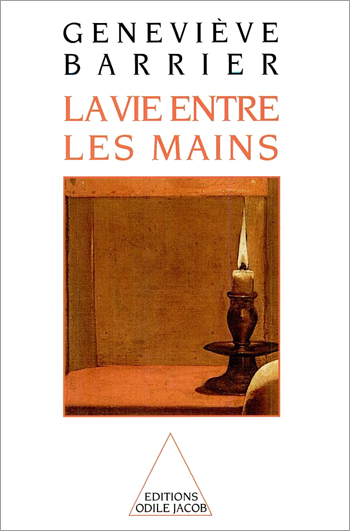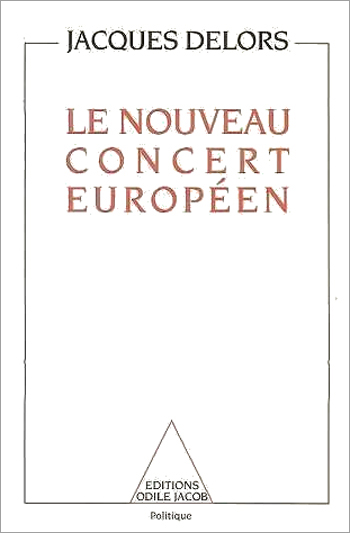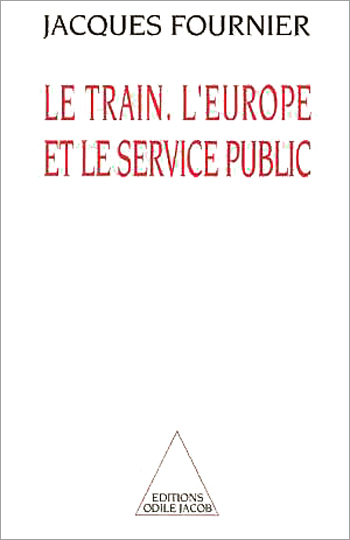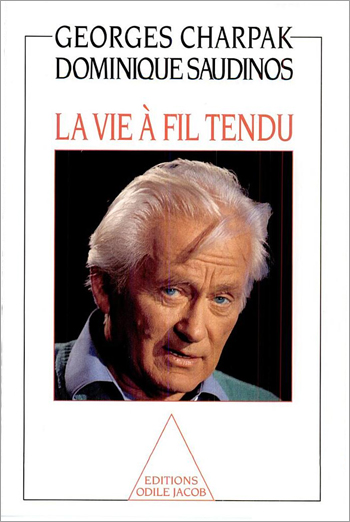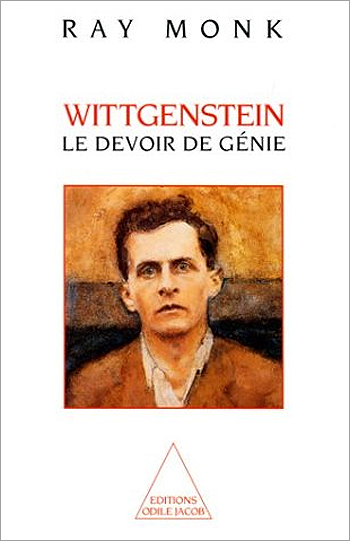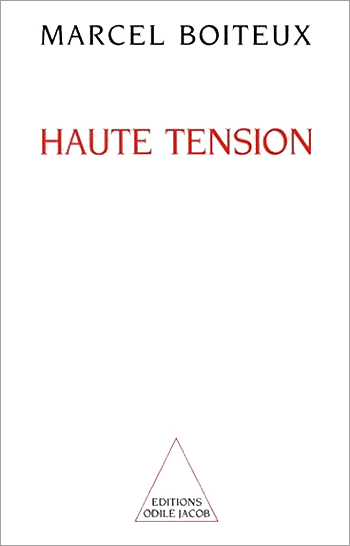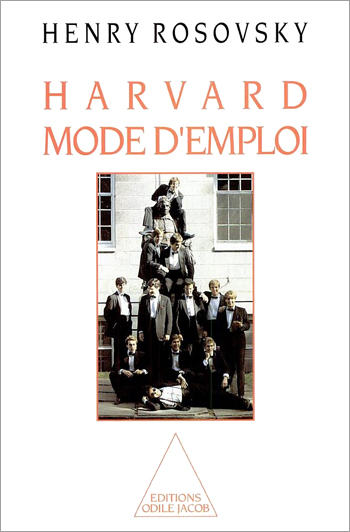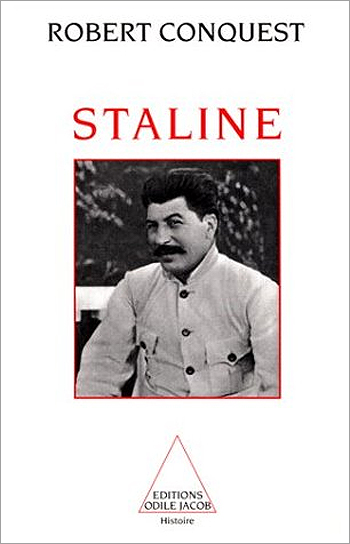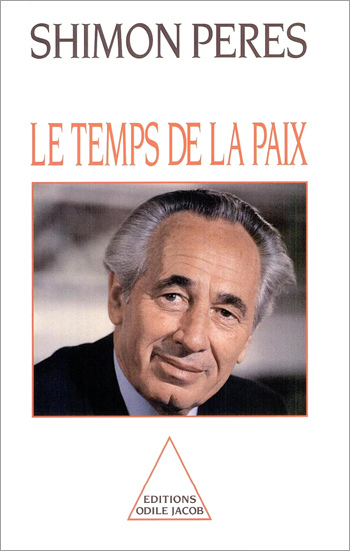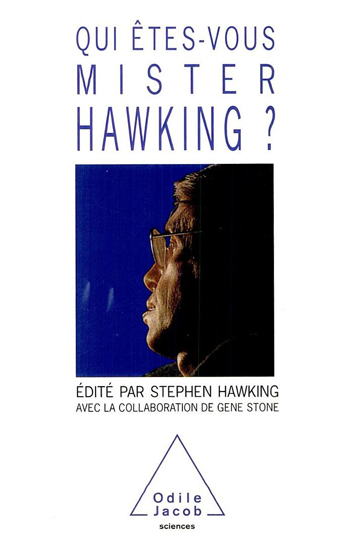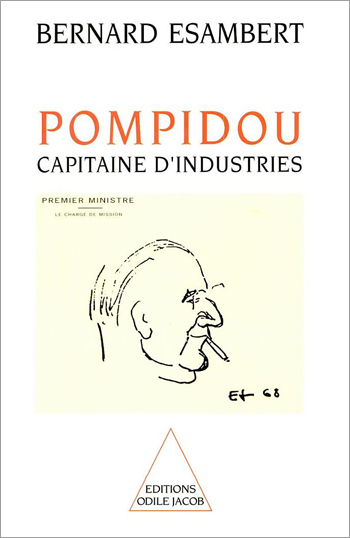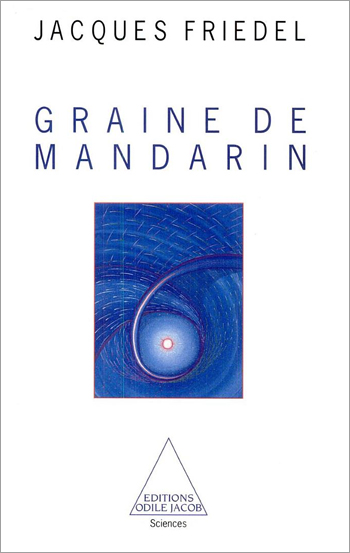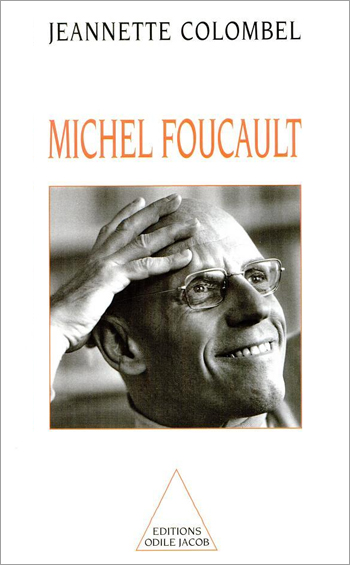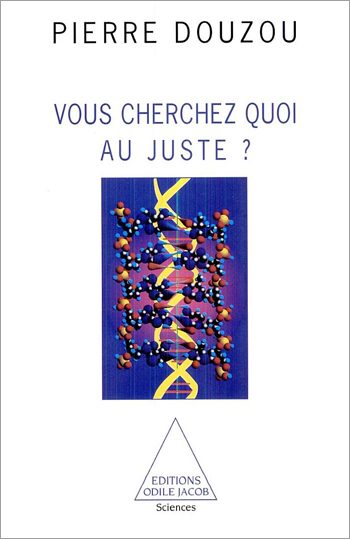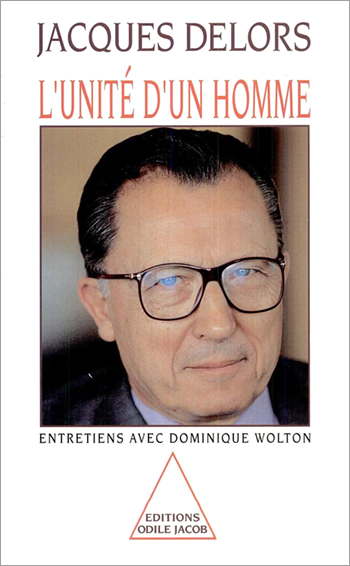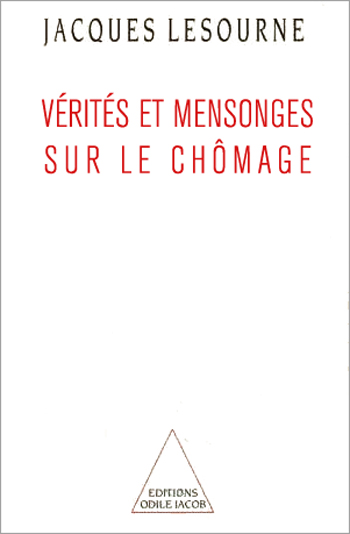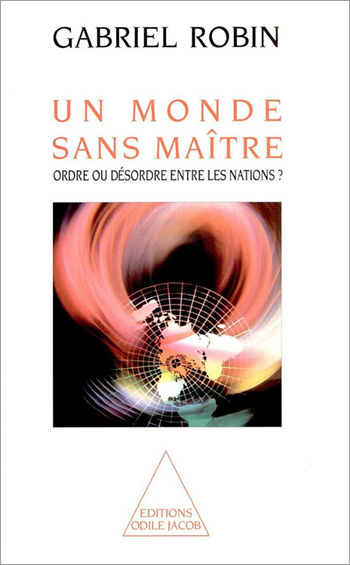Documents All books
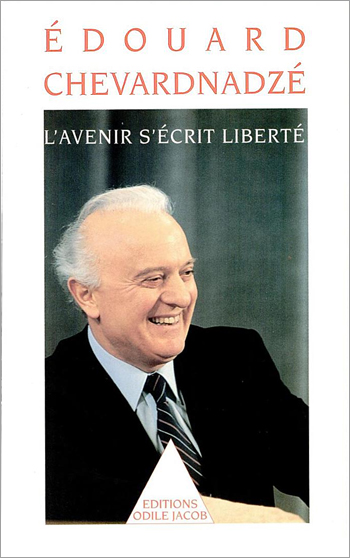
Édouard Chevardnadzé
The Future is Freedom
Why did the former Soviet Union allow itself to be led to the emancipation of the peoples of Central Europe? Why would it accept the reunification of Germany? How did it find the pathway to alliance with the United States? Under what conditions will it be able to master economic crisis and political instability? A lucid look at what is becoming of our world, by one of the authors of change in the East, the ex-Minister of Foreign Affairs of the former Soviet Union.
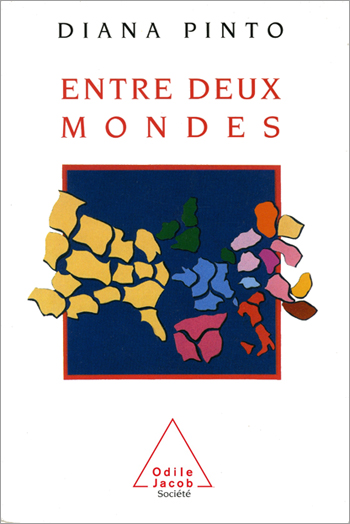
Diana Pinto
Between Two Worlds
How can the individual s identity solidify in today s multicultural context? D. Pinto's essay in comparative cultural history, written in the first person, is a sensitive and critical document in favor of an open Europe and a pluralistic society.
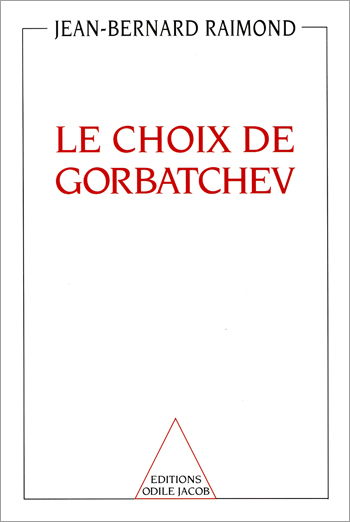
Jean-Bernard Raimond
The Choice of Gorbachev
Who is Michel Gorbachev really? Is he communism's gravedigger or simply an apparatchik worried about postponing his disappearance from the political scene? Or is he one of history's free and tragic heroes, who found himself transported in spite of himself by the collapse of the world that had made him powerful? Jean Bernard Raimond is the former Minister of Foreign Affairs and served as the Ambassador to France in Moscow.
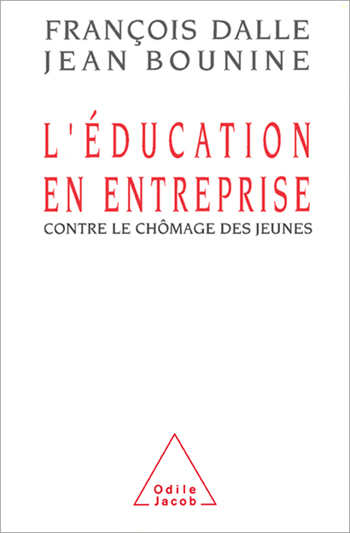
François Dalle, Jean Bounine
Education in Business Against the Unemployment of the Young
Each year in France, 250,000 young people come out of the education system without even a shred of a diploma. The German example and that of Japan shows that the work situation and economic performance are better when schools assure proper instruction and enterprise takes charge of paving the way to employment. François Dalle, President of l'Oréal from 1957 to 1984, and Jean Bounine, advisor to the general directors of this group, are the authors of a 1987 report on employment.
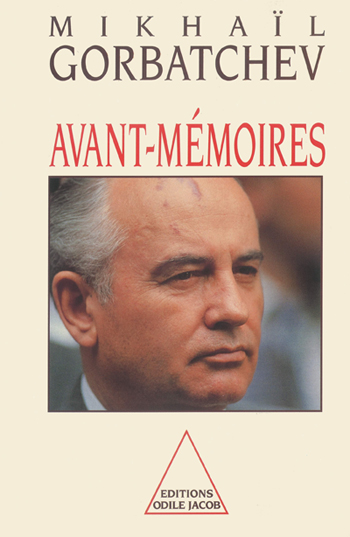
Mikhaïl Gorbatchev
Memoirs
For the first time Mikhaïl Gorbatchev opens his personal archives to the public. The reader participates in the negotiations between the head of the Kremlin and the other great leaders: François Mitterrand, Margaret Thatcher, Helmut Kohl, George Bush... He experiences the moving dialogue between Pope John Paul II and the General Secretary of a party which has made atheism its profession of faith. Finally, the reader follows the intellectual, political and moral progress of a man who presided over the transformation and opening of the very system which created him.
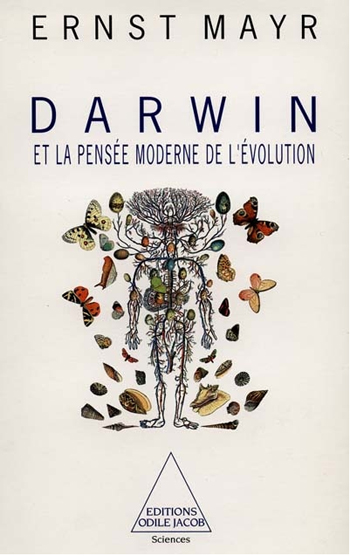
Ernst Mayr
One Long Argument: Charles Darwin and the Genesis of Modern Evolutionary Thought (Questions of Science)
Without Darwin, our knowledge of the living would not be what it is today. But who was really the author of The Origin of Species? Why did these hypotheses lead to one of the most important scientific revolutions of our time? To what questions was Darwin unable to find an answer? Ernst Mayr is a professor emeritus at Harvard University.
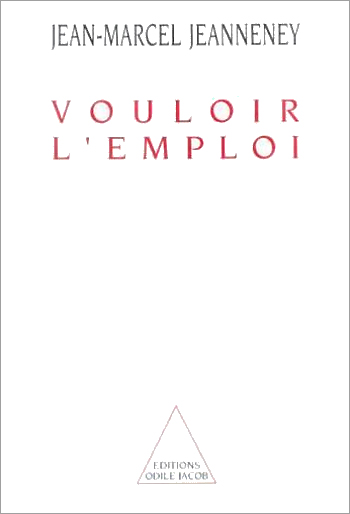
Jean-Marcel Jeanneney
Out of a Job
For the past twenty years France has been slipping into unemployment. This evil, which is becoming more and more serious, is leading our country into decline, and is threatening our democracy. After having described the difficulties resulting from the new world environment, the author discards the false solutions, such as intensified inflation, devaluation or protectionism. He then outlines the daring, but realistic policies he sees as necessary not only in France, but also for a more dynamic European Union. An economist, Jean-Marcel Jeanneney was a minister for seven years under the presidency of General de Gaulle. In 1980, he created the French Economic Research Institute, which he ran until 1990.
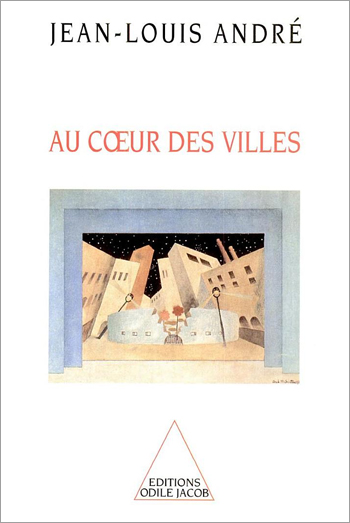
Jean-Louis André
At the Heart of Urbanity
What should be done about neglected suburbs, the bedroom towns, dehumanized, and deregulated ? When we are faced with buildings in ruins, with wasteland and concrete deserts ? The answer is to stop trying to fix the obvious defects of these surburbs and instead concentrate on the heart of the town, in the common space, which must take on the changes made and symbolise an identity. Jean-Louis André, graduate of the Ecole normale supérieure, is a journalist. He has notably published with Ricardo Bofill, The Spaces of A Life.
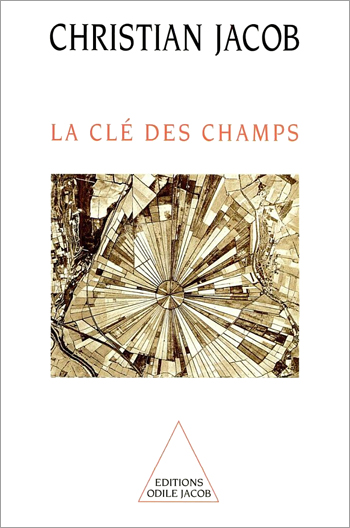
Christian Jacob
The Key to Fields Agriculture is no longer what you think
Is our agriculture moribund and our farmers condemned? Not necessarily. Christian Jacob's work tells the story of the path taken by a young farmer, while taking a critical look at both French and European agricultural politics and the snares of GATT. He argues that, rather than protect the rural world, it is necessary above all to help modernize it by providing methods that allow for increased income and sharpened competiveness. Christian Jacobs was the President of the Centre National des Jeunes Agriculteurs. He is currently a deputy in the European Parliament.
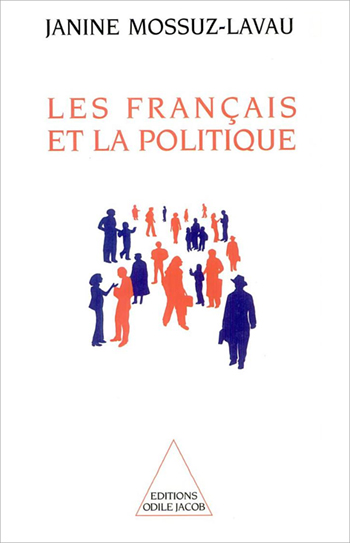
Janine Mossuz-Lavau
The French and Politics An Investigation of a Crisis
Are the French really discouraged and depoliticized? Janine Mossuz-Lavau decided to go into the field, to interview the people and give them a voice. What are they suffering from? What do they want? What do they believe in? These are the questions that she attempts to answer after having questioned men and women of all ages and social backgrounds, from all regions and personal affinities. Political analyst Janine Mossuz-Lavau is a Research Director at CNRS and the National Foundation of Political Science.
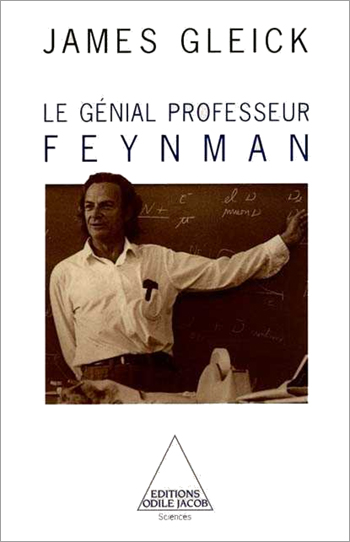
James Gleick
Genius: Richard Feynman and Modern Physics
Richard Feynman, Nobel Prize winner for his work on the description and calculation of interactions between particles, was a genius of our time. Quantum physics theoretician, enfant terrible of the Manhattan project and ascerbic critic of the investigative committee of the American space shuttle, Feynman left a profound impression on modern physics. James Gleick, a former journalist at The New York Times and author of the best-selling Chaos Theory, tells how Feynman's ideas were formed and how he reinvented particle physics. Through this portrait, Gleick explores the nature of genius itself and provides insight about the fascination that it engenders.
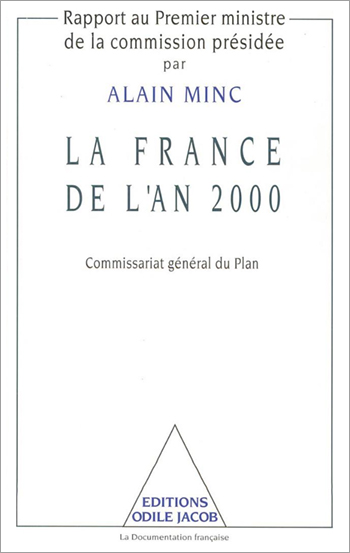
Alain Minc
France in the Year 2000
What are the biggest challenges of the year 2000? What great economic and social actions will France have to take in the years to come? The answer: assuring growth without inflation capable of favoring employment; making the state-providence more efficient, and adapting its productive system to the internationalization of trade. Edouard Balladur asked Alain Minc to address these key problems of French society and this work, an instant classic, will provoke reflection from a wide array of different personalities. A co-publication with La Documentation Francaise.

